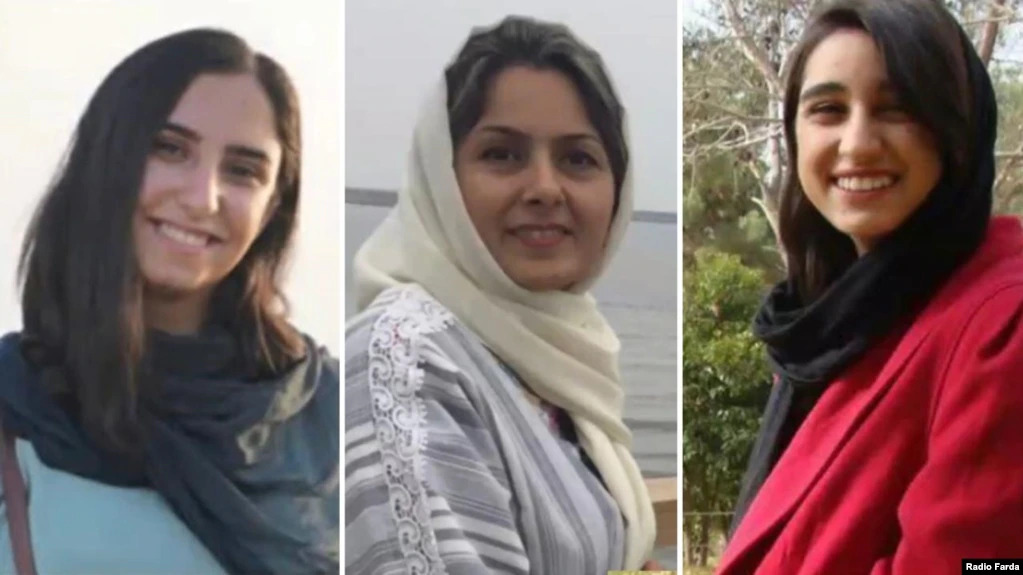Source: www.rferl.org

The Iran Human Rights Organization says Iranian authorities have installed electronic tags on nine Baha’i followers and is restricting their movement in another sign the government is increasing pressure on the group.
According to the Human Rights Activists News Agency (HRANA), the nine Baha’i members are allowed to travel within a radius of 500 meters of their residence for 304 days, effective August 2.
The nine were previously sentenced to one year in prison on a charge of “propaganda activity against the system through the promotion of Baha’ism.”
The move comes amid renewed pressure and harassment against the Baha’is, with security agents arresting dozens of Baha’i followers in recent weeks and raiding the homes of hundreds of others.
The representative of the Baha’i community at the United Nations, along with several human rights groups, say a number of Baha’i houses in the village of Roshankooh in northern Iran were destroyed while agricultural land of several other Baha’is in the village were seized.
This village, where most of the residents are Baha’is, previously has been the scene of attacks by government forces who destroyed many homes.
“Following the attack on Tuesday [August 2], more than 200 Iranian government agents gathered the Baha’is in Roshankooh village, and they took their cell phones to prevent filming,” Simin Fahandej, the representative of the Baha’i community at the United Nations, wrote on his Twitter account on August 2.
According to this Baha’i representative, agents used “heavy equipment” to demolish the houses.
The HRANA website, which covers human rights violations in Iran, also confirmed the destruction of “the houses of six Baha’i families in Roshankooh village of Sari by government bodies.”
“About 20 hectares of agricultural land of the residents of this village were also fenced off and occupied,” HRANA added.
Confirming the destruction of houses in Roshankooh village, Salman Sattari, the regional governor, claimed these houses “were built outside an authorized area and some were built on national lands.”
A source close to the Baha’i families denied the claim saying the lands have a “documented history of more than 70 years.”
Baha’is — who number some 300,000 in Iran and comprise an estimated 5 million followers worldwide — say they face systematic persecution in Iran, where their faith is not officially recognized by the constitution.
Supreme Leader Ali Khamenei has on several occasions called the Baha’i faith a cult and in a religious fatwa issued in 2018 forbade contact, including business dealings, with followers of the faith.
Since the Islamic Republic of Iran was established in 1979, hundreds of Baha’is have been arrested and jailed for their beliefs. At least 200 have been executed or were arrested and never heard from again.
Thousands more have been banned from receiving higher education or had their property confiscated, while vandals often desecrate Baha’i cemeteries.
Leave a Reply